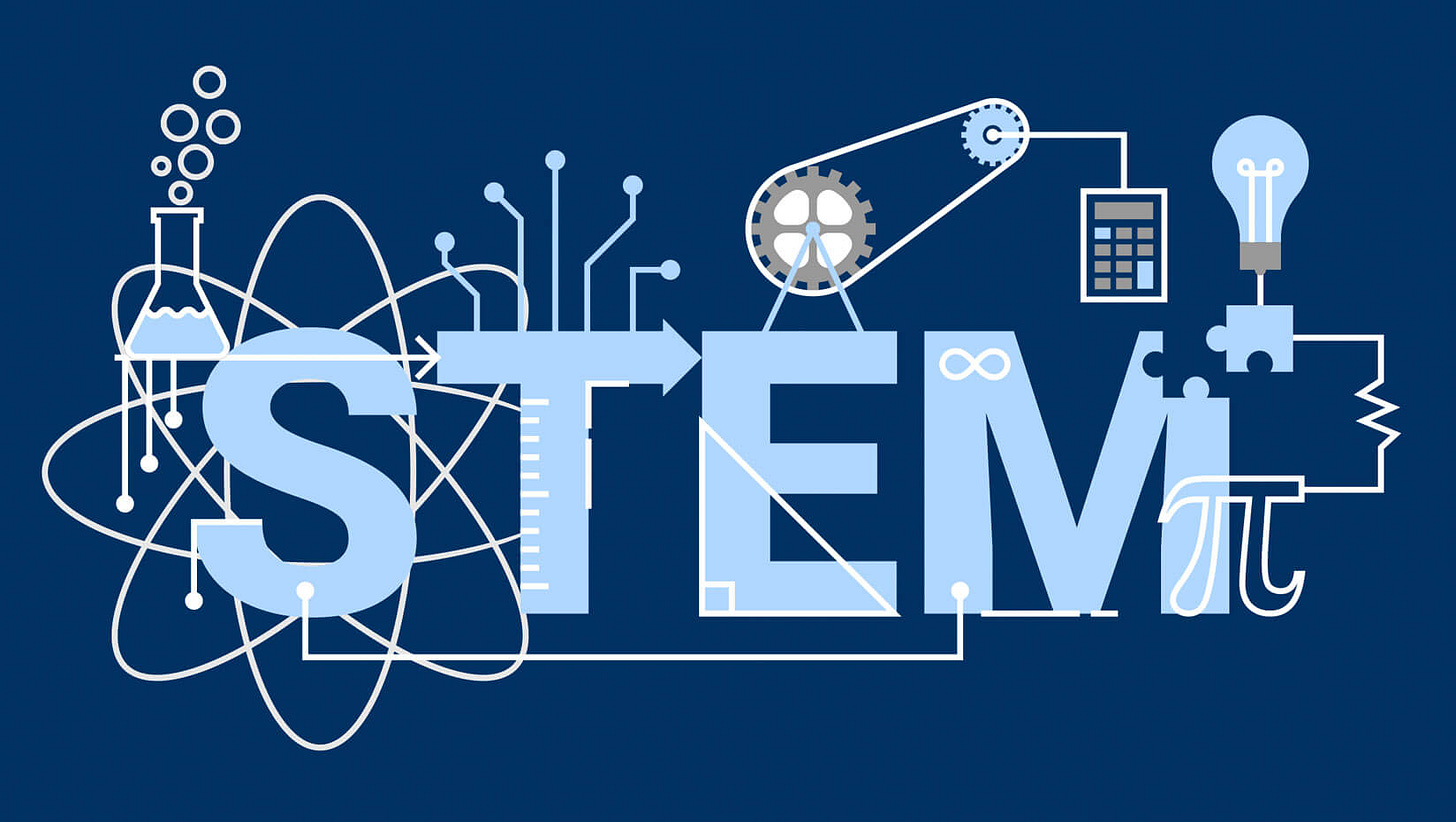STEM & Standards
Making something easier to obtain is not always the smart move.
Here is an article in the New York Times Opinion that caught my attention. It elaborated on the subject of my last post regarding the N.Y.U. Organic Chemistry professor who was dismissed after 82 students of his class of 350 (23.4%) signed a petition that criticized his teaching methods.
To be fair, the student petition did not call for his firing, yet that was the result. This news story brought on numerous commentaries that raised valid perspectives on the event. Should there have been more educational support and preparation for incoming college freshmen so soon after the COVID-19 lockdowns? Alternatively, the 84-year old professor, a highly distinguished individual in the field of Chemistry and author of the 1300-page textbook, possibly needed to update his teaching methods. He lamented that students of today seemed to have lost the skillset of effective studying amongst too many distractions. Reasons proffered for this was the rise in social media, and the culture of instant gratification. These are credible arguments for the cause of the students who struggled academically, as it is considered a “weed-out class” for those who aspire to major in a STEM (science, technology, engineering and mathematics) field. The purpose is to identify those who have the intellectual horsepower and academic drive to excel in their pursuit of a degree in medicine, engineering, or research. To analyze the myriad ways to help more capable students accomplish this a good thing. Society will always need smart people in these critical roles for a successful civilization.
The NYT article from this morning turns the subject on its head by suggesting the course requirement for a STEM major should be abolished altogether. (“The N.Y.U. Chemistry Students Shouldn’t Have Needed That Petition”) The author is a professor of sociology at Indiana University, so she approaches this from the familiar Diversity, Equity & Inclusion perspective. Her argument is that the long-held practice of requiring an academically rigorous class on the journey to STEM majors should be abolished. Accordingly, this is because of the changing demographics of the student body. From the article:
“Another is the increasing diversity of student bodies, which casts many higher education traditions in a new light. One of those traditions is the weed-out mentality. Courses that are meant to distinguish between serious and unserious students, it has become clear, often do a better job distinguishing between students who have ample resources and those who don’t.”
This logic checks out so far, as there are good reasons to expand available academic resources to allow students intending to major in a STEM field to be ready for the scholastic challenge. She elaborates on how STEM careers and elite colleges are not limited to the privileged few, as it was in our nation’s past. Then the article jumps off the train tracks into the mentality of seeing the world as you wish it were, instead of seeing the reality of how it is. Equity is a dangerous concept in the minds of would be social engineers, as it is impossible to arrive at an equal outcome for all. Back to the article:
“…Changing institutions isn’t easy, but abandoning weed-out culture could have measurable benefits for students and for society as a whole. The nation is currently facing a shortage of doctors, especially Black and Latino doctors, and research suggests that academic gatekeeping is a big reason. The weed-out approach used in fields like chemistry, biology, engineering and other STEM fields (science, technology, engineering and mathematics) exacerbates inequalities in student performance and discourages students from completing STEM majors and pursuing opportunities like graduate and medical school.”
The idea of dropping this academic requirement to pursue a STEM major is not only wrong, but also harmful to society as a whole. It is a form of gatekeeping for good reason, as many careers are too important for the safety and operation of our country.
Put bluntly, excellence is more important than a good effort for these careers. So many things we use or interact with on a daily basis are possible due to very smart people who are performing processes with rigorous precision and acumen. Not only in the medical field, but infrastructure as well. To suggest dismantling entirely the system of weed-out classes in the name of Diversity is shortsighted when looking at the big picture. Lowering one standard makes it easier to lower other standards down the road.
There is nothing wrong with advocating and pushing for effective ways to better prepare those who aspire in STEM careers reach their goal. Inequity in resources between public schools cannot be denied. The U.S. needs to invest more resources in public schools; through expanding gifted & talented programs, or AP classes as a priority. To her credit, she points this out as well:
“Fixing these kinds of inequities would take a massive shift in the way the country supports families and funds both public K-12 schools and higher education.”
Investing in our society’s well-being is of much higher importance than sending another couple billion dollars overseas in the name of foreign aid. Sane and serious countries do not have fundraisers going on in public schools for items such as pencils and paper for a classroom. Sounds harsh or cruel, but think for a minute if you can recall one country that assists us with our educational system. The 1958 National Defense Education Act, spurred on by the launch in 1957 of the Soviet Union’s Sputnik, helped to encourage more STEM majors with scholarships and low-cost student loans.
Instead of watering down standards and lowering expectations by advocating the elimination of rigorous science courses, a return to incentivizing STEM career paths is a better answer.
Hope everyone’s weekend is pleasant and expect that American History post next week.
Please respond in the comments any suggestions or ideas on how to address this subject.


